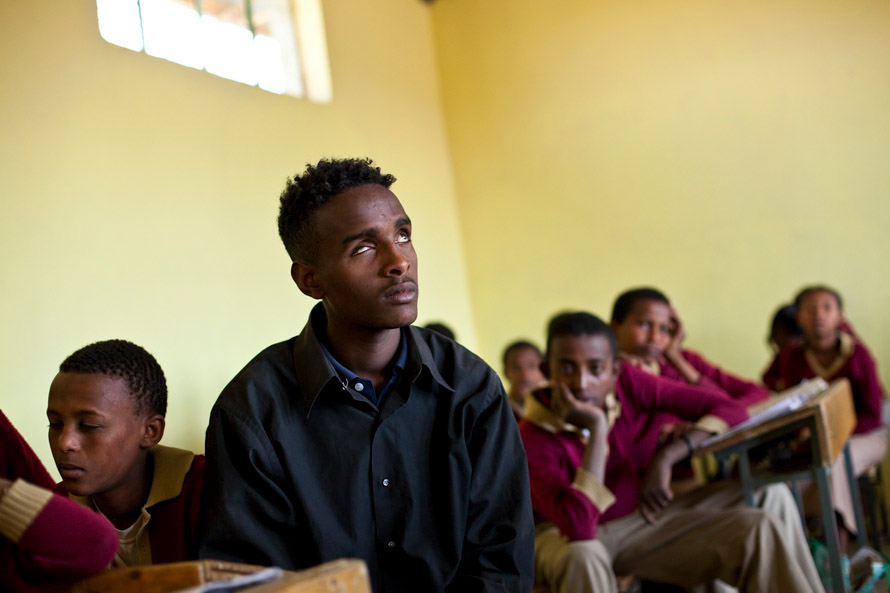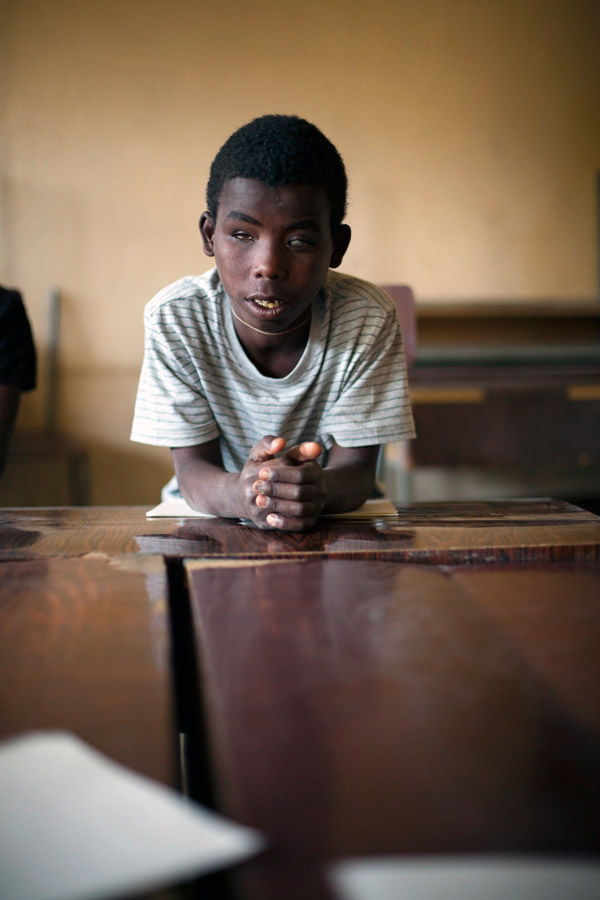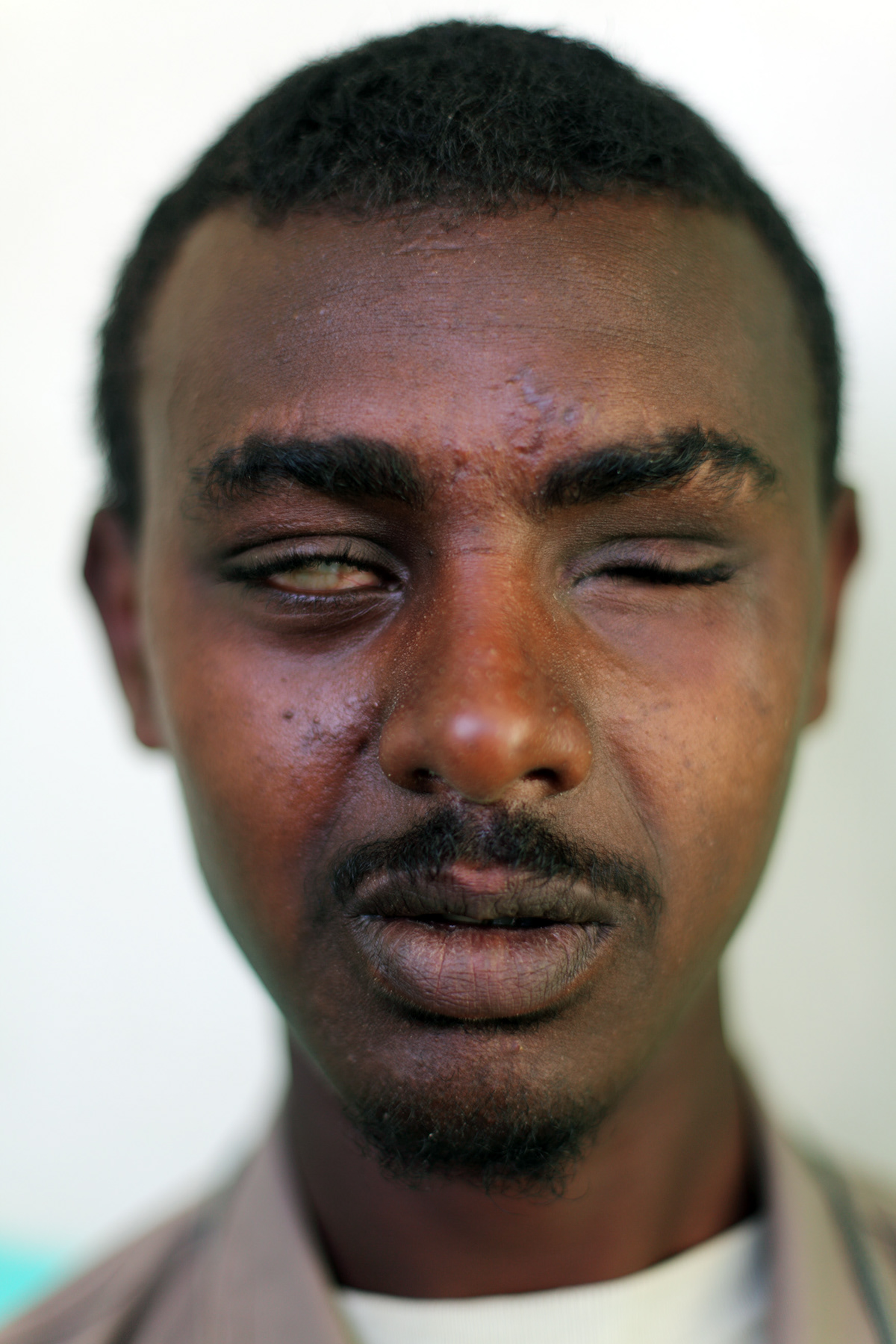The blind in Ethiopia are seen by many as second rate citizens. Without their eyes they are shunned by much of society and portrayed as disabled and a burden to their families. With no opportunities for education and often not cared for by their families, the Blind are destined for a life of begging, prostitution and hopelessness.
Blindness in Ethiopia is often preventable and is brought on in childhood or even adulthood by smallpox, measles and river blindness. These cases of blindness are preventable with simple vaccinations that most westerners receive in early childhood and take for granted. Although many of the blind in Ethiopia are struck by these preventable diseases, some are also diagnosed with nerve damage or other physical problems that cause blindness.
The Mekele Boarding School for the Blind is one of three institutions in Ethiopia that serves to educate those blind students who would otherwise be condemned to a life in the streets. The school houses 90 students who have been deemed some of the “worst of the worst” cases. Although it is a government run initiative, the school is poorly funded. With blindness among many Ethiopian children, it is very competitive to enter the boarding school and only a few are allowed to attend. Students must be between the ages of 7 and 12 and they must be in need of financial and physical support. Even with only 90 students attending classes between 1st and 8th grade, the government only supports the school with a budget of $24 per student, per month. This funding is spread out between housing, school materials, food, and teachers’ salaries. With so little money the students are ill-equipped with basic necessities such as canes, books, school uniforms, and Braille paper. Many of the educational tools needed to teach the blind students such as Braille slates, stylus pens, typewriters and workbooks are provided to the school by private donations and NGO’s.
I was consumed with emotion as I watched young children walking hand-in-hand, briskly across the dust and rocks that lay between their dormitories and classrooms. By hearing the distant call of a friend or the crunching of a twig nearby, these blind students would immediately become aware of their surroundings. Being forced to heighten their other senses; it became instantly obvious that these children were some of the brightest people in the world. Although one Eckerd student provides the explanation that “it’s a miracle of adaptation” that these kids are able to navigate their way around, I would argue that it shows the power and will of the human mind. By memorizing smells and sounds, these students were able to map out the campus in their heads and were able to navigate its twists and turns with laughs and shouts during games of tag. As I would cautiously sneak by on my way to their classrooms, some students who had previously met me would hear a subtle creak of my camera brushing against my leg and would call out “Bradley!” and strain their heads in my direction. By loosely grasping my wrist, they would imbed in image of my identity into their minds that proved unforgettable. These simple actions are tactics that enable them to live in society and create friendships and connections as any other human would.
-Bradley Ennis







